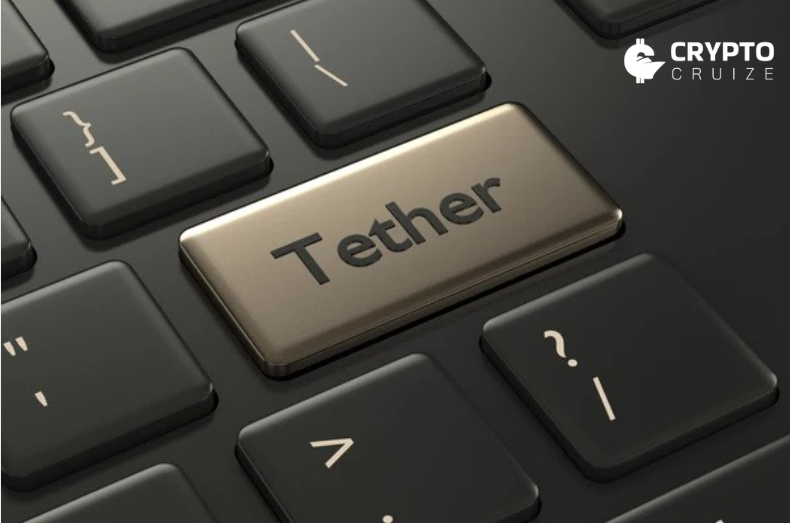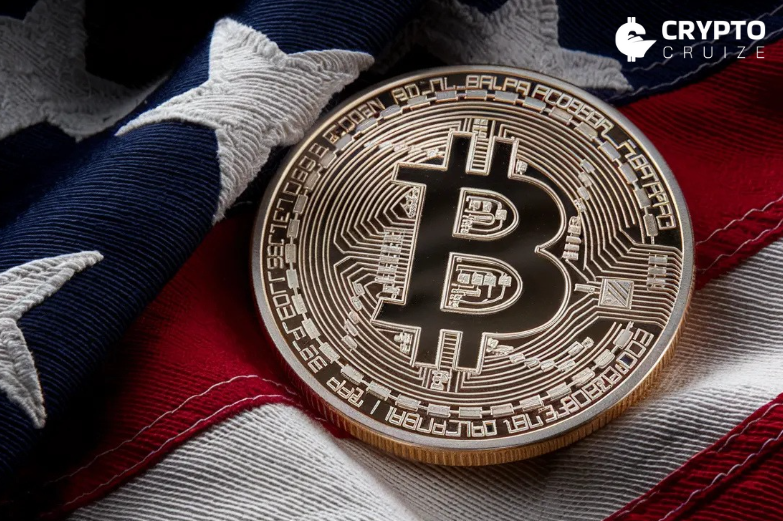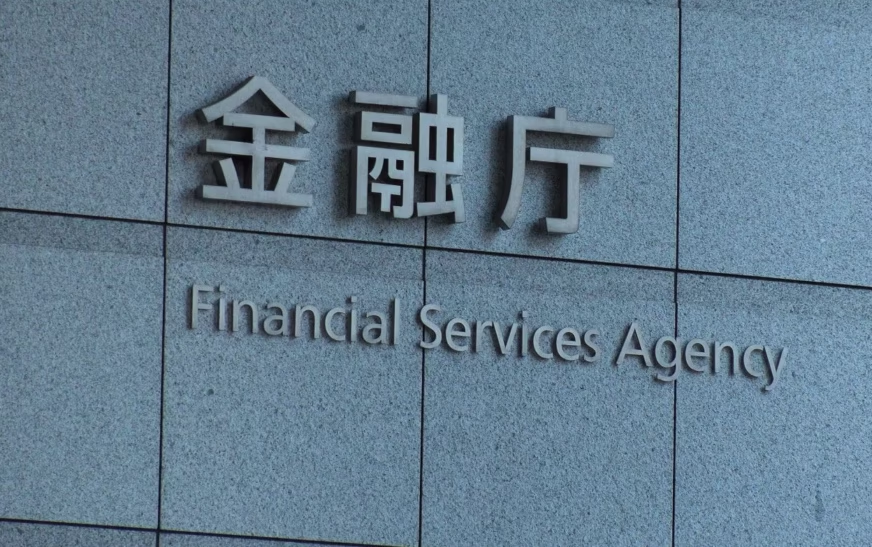In a major victory for the decentralised finance (DeFi) industry, U.S. President Donald Trump has officially signed off on a resolution nullifying a controversial IRS rule. The rule would have classified DeFi platforms as brokers, imposing strict tracking and reporting requirements. Its reversal marks a historic first for crypto—legislation passed by Congress in favour of the industry.
The End of the “DeFi Broker Rule”
The IRS rule, introduced during the final days of President Joe Biden’s administration, aimed to treat DeFi protocols as brokers, forcing them to collect and submit detailed user data. However, critics argued the rule was poorly designed, invasive, and unworkable.
Representative Mike Carey of Ohio, who championed the repeal, said the rule would have overburdened the IRS, compromised user privacy, and chilled innovation in the U.S. crypto sector. With Trump’s signature, the rule is now officially voided under the Congressional Review Act, which also prevents the IRS from introducing a similar rule in the future.
Bipartisan Momentum Signals Shift in U.S. Crypto Policy
Though the rule itself was narrow in scope, its reversal was backed strongly by both Republicans and Democrats, signalling growing bipartisan support for pro-crypto policies. This victory may open the door for broader regulatory reforms, particularly in the areas of stablecoins and crypto market structures.
The DeFi Education Fund hailed the move as a “watershed moment,” noting that it’s the first time the U.S. has passed any form of crypto-specific legislation.
What This Means for DeFi
The rollback of the broker rule means DeFi developers and protocols will no longer face burdensome tax reporting obligations. This gives the sector more breathing room to innovate without being weighed down by ill-fitting compliance structures.
More importantly, the decision helps establish the precedent that DeFi should not be regulated like traditional financial intermediaries, a point of contention in global regulatory debates.
What’s Next: Eyes on Stablecoin Legislation
With the DeFi tax resolution now settled, Congress is turning its attention to stablecoin regulation. Draft bills have already passed through key committees in both the House and Senate, and lawmakers are aiming to merge them into a unified proposal.
President Trump has reportedly requested a final bill by August, indicating continued interest in shaping a crypto-friendly regulatory landscape. If passed, it could define how stablecoins are issued, backed, and supervised in the U.S.—a crucial step for mainstream adoption.















